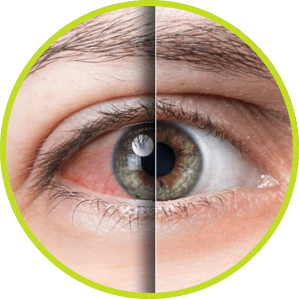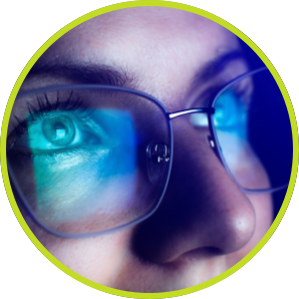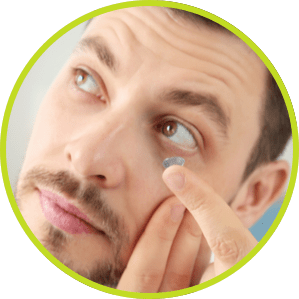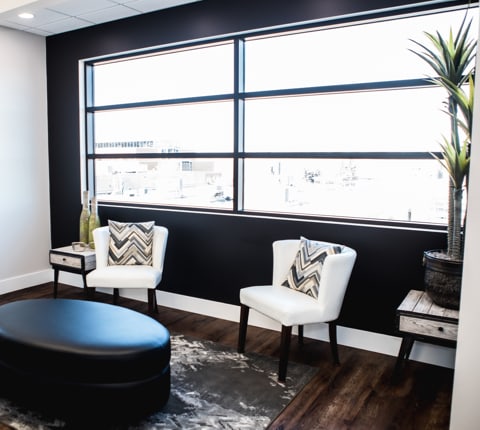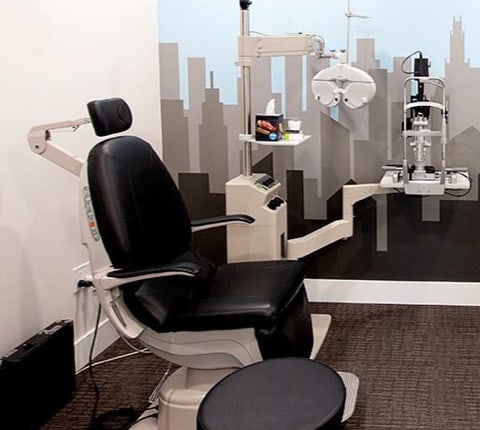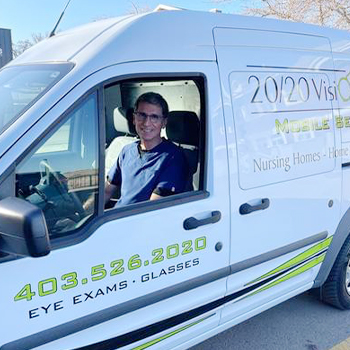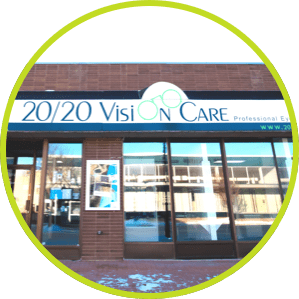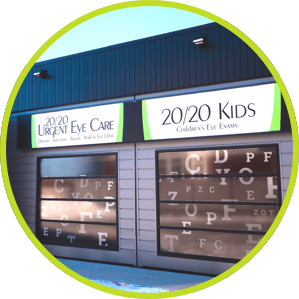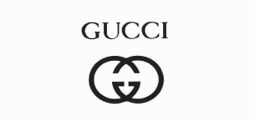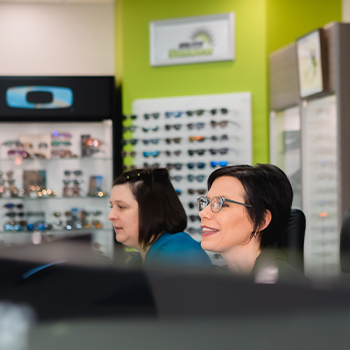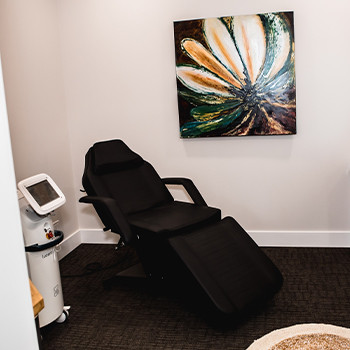Many things need to be working properly in order to see 20/20. Let’s explore just how much needs to be functioning and in good health in order for us to see well.
Refraction (are glasses needed?)
Firstly, the light coming into our eyes needs to be properly focused on our retina. If it’s not, vision is blurry and glasses may be required. Although this seems self-explanatory, a few other reminder points need to be brought up here.
For parents of young ones: If you have young children, don’t forget to get their eyes examined by an optometrist. Just because you don’t need glasses as a parent does not mean that your children will not need them. Don’t make the mistake of thinking you know that your children don’t need glasses. I have 3 children under the age of 6. I’m an optometrist. I didn’t know my daughter needed glasses until I performed a complete eye examination for her. I was just as surprised as my wife when we found out. Also, eye exams for children under the age of 19 are a service that is covered by Alberta Health care. If you feel your child sees well, the chances of your child needing glasses are small, but they should still be checked annually.
Eye Health
The health and integrity of the tissues in our eyes play a major role in our ability to see well. Remember, the light has to pass through a cornea, a lens, some liquid in our eye (aqueous and vitreous humour) and it has to be absorbed by tiny cells in our retina called photoreceptors. If any part along that pathway is damaged or compromised in any way, vision can be reduced. With this in mind, you may have realized something very important: It is possible (and common) that glasses will not help improve blurred vision. Sometimes in my profession, I am faced with the challenge of informing people that glasses will not help improve their blurred vision. Luckily, many of our eye tissues are able to be repaired with the help of ocular surgeries, but there are limits here as well. As we age, it is important to continue to see an optometrist regularly (yes, even if we still see well) so that they can identify ocular tissues that are potentially changing or becoming compromised.
Cranial Health
Sometimes this surprises people, but our ability to see well does not end at the eye. Once the retina receives the incoming visual information, the message has to travel along the optic nerve and through several other neural pathways before reaching the very back portion of our brain called the visual cortex. It is here that the visual information is interpreted and turned into meaning. If any portion of the pathway is disrupted, injured, or not functioning well, vision can also be reduced. For this reason, it is wise to have an eye exam after things like strokes, head injuries, traumas, or anything else that has the potential to damage the brain.
So if I have 20/20 vision, then everything is working properly and I don’t need an eye exam?
This is actually a very big mistake. Just because someone sees well does not mean that all the issues we’ve spoken about are in good health. There are many potentially devastating conditions that do not affect our ability to see well initially but can eventually lead to vision loss. It is far better to catch things early than to wait until irreversible vision loss happens. Call us immediately if you notice any changes to your vision or if your family has a history of eye problems.




